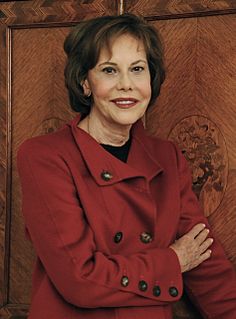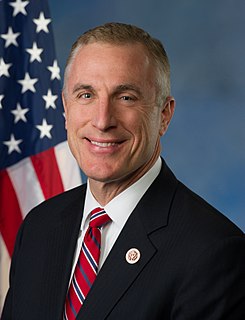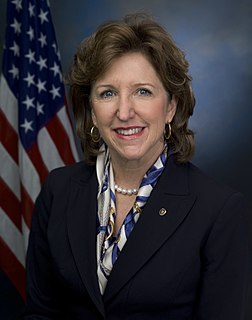A Quote by Keith Henson
Lie detection is like language; there is a learning window. Telling whoppers to small children seems to be a family tradition in many families.
Related Quotes
In the United States, the average is two children per family, while in Africa it is five children per family. On the surface, the statistic seems to indicate that Africans are having way too many kids and are taxing the Earth's resources, while American kids are born into families who are able to take care of them. However, the average American child consumes roughly the same resources as fifteen African children. So when an American family says they only have two children, they are actually consuming the resources of an African family of thirty children!
Many children in the foster care system are often in the midst of a family challenge. Marcus, my husband and I sought to assist families during difficult times. We aren't perfect people, nor are we a perfect family, but these children didn't expect us to be either. They needed a loving home and care, and we tried our best every single day.
The most important difference between these early American families and our own is that early families constituted economic unitsin which all members, from young children on up, played important productive roles within the household. The prosperity of the whole family depended on how well husband, wife, and children could manage and cultivate the land. Children were essential to this family enterprise from age six or so until their twenties, when they left home.
The fabric of North Carolina and what makes our state so special is our families and our common desire for a brighter future for our children. No matter what your family looks like, we all want the same thing for our families - happiness, health, prosperity, a bright future for our children and grandchildren.
People need to understand, we can come together as a nation. We can create a culture of life. More and more young people today are embracing life because we know we are - we're better for it. We can - like Mother Teresa said at that famous national prayer breakfast bring the - let's welcome the children into our world. There are so many families around the country who can't have children. We could improve adoption so that families that can't have children can adopt more readily those children from crisis pregnancies.
Extended families have never been the norm in America; the highest figure for extended-family households ever recorded in Americanhistory is 20 percent. Contrary to the popular myth that industrialization destroyed "traditional" extended families, this high point occurred between 1850 and 1885, during the most intensive period of early industrialization. Many of these extended families, and most "producing" families of the time, depended on the labor of children; they were held together by dire necessity and sometimes by brute force.
If our entertainment culture seems debased and unsatisfying, the hope is that our children will create something of greater worth.But it is as if we expect them to create out of nothing, like God, for the encouragement of creativity is in the popular mind, opposed to instruction. There is little sense that creativity must grow out of tradition, even when it is critical of that tradition, and children are scarcely being given the materials on which their creativity could work
The whole world population rests on women. You have to start with the woman. And the woman will make her own decisions. If you want to have five or ten children, fine. You can have big families or small families, but you have the family you feel you can afford or feed. In China the one - child policy is already finished - on its way out because the economic conditions end up producing the same effect. If people want an expensive flat in a place like Shanghai, you can't have more than one child or two.
It is important for practical and psychological reasons to call any reasonably stable group that rears children a family.... The advantage of this view is that traditional and nontraditional families can all be seen to serve the interests of children. Children can also feel comfortable with an approved family form, even if it is not traditional.




































